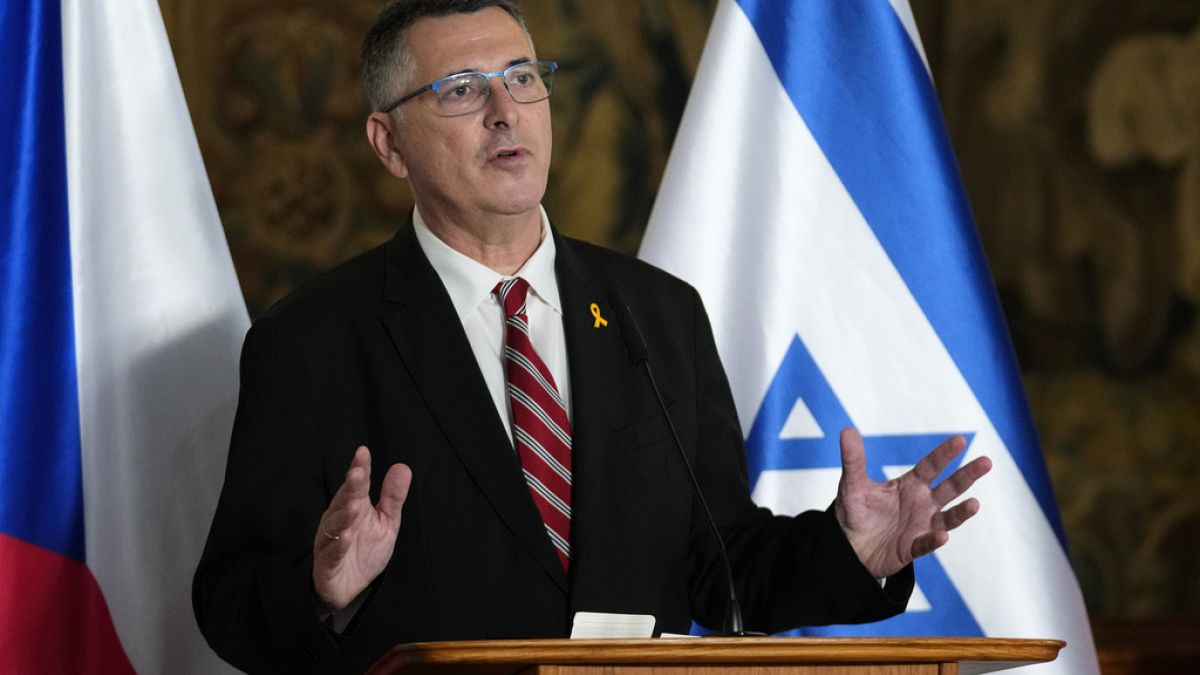Private equity funds cashed out just half the value of investments they typically sell in 2024, the third consecutive year payouts to investors have fallen short because of a deal drought.
Buyout houses typically sell down 20 per cent of their investments in any given year, but industry executives forecast that cash payouts for the year would be about half that figure.
Cambridge Associates, a leading adviser to large institutions on their private equity investments, estimated that funds had fallen about $400bn short in payments to their investors over the past three years compared with historical averages.
The data underline the increasing pressure on firms to find ways to return cash to investors, including by exiting more investments in the year ahead.
Firms have struggled to strike deals at attractive prices since early 2022, when rising interest rates caused financing costs to soar and corporate valuations to fall.
Dealmakers and their advisers expect that merger and acquisition activity will accelerate in 2025, potentially helping the industry work through what consultancy Bain & Co. has called a “towering backlog” of $3tn in ageing deals that must be sold in the years ahead.
Several large public offerings this year including food transport giant Lineage Logistics, aviation equipment specialist Standard Aero and dermatology group Galderma have provided private equity executives with confidence to take companies public, while Donald Trump’s election has added to Wall Street exuberance.
But Andrea Auerbach, global head of private investments at Cambridge Associates, cautioned that the industry’s issues could take years to work through.
“There is an expectation that the wheels of the exit market will start to turn. But it doesn’t end in one year, it will take a couple of years,” Auerbach said.
Private equity firms have used novel tactics to return cash to investors while holdings have proved difficult to sell.
They have made increasing use of so-called continuation funds — where one fund sells a stake in one or more portfolio companies to another fund to another fund the firm manages — to engineer exits.
Jefferies forecasts that there will be $58bn of continuation fund deals in 2024, representing a record 14 per cent of all private equity exits. Such funds made up just 5 per cent of all exits in the boom year of 2021, Jefferies found.
But some private equity investors are sceptical that the industry will be able to sell assets at prices close to funds’ current valuations.
“You have a huge amount of capital that has been invested on assumptions that are no longer valid,” a large industry investor told the Financial Times.
They warned that a record $1tn-plus in buyouts were struck in 2021, just before interest rates rose, and many deals are carried on firms’ books at overly optimistic valuations.
Goldman Sachs recently noted in a report that private equity asset sales, which had historically been done at a premium of at least 10 per cent to funds’ internal valuations, have in recent years been made at discounts of 10-15 per cent.
“[Private] equity in general is still over-marked, which is leading to this situation where assets are still stuck,” said Michael Brandmeyer of Goldman Sachs Asset Management in the report.

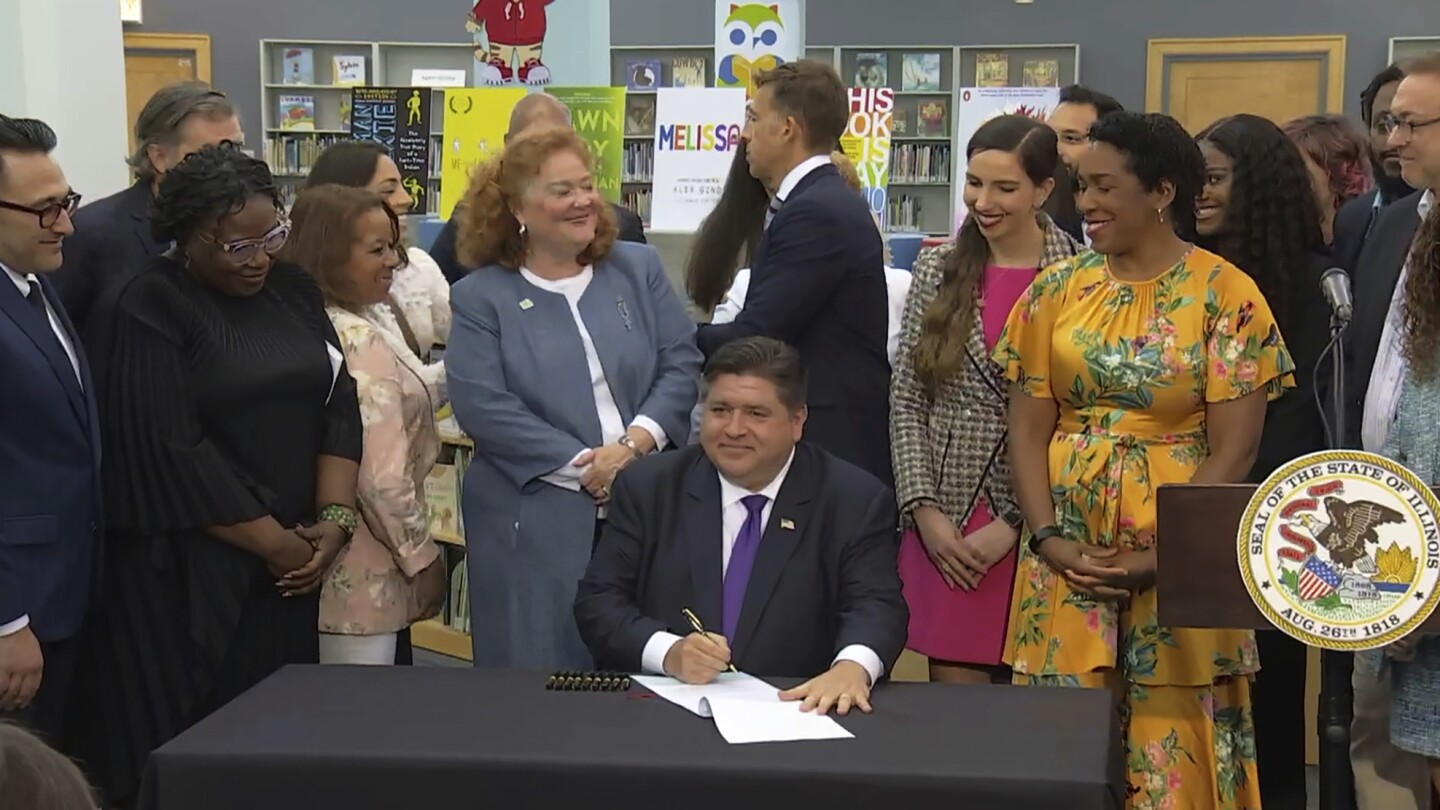



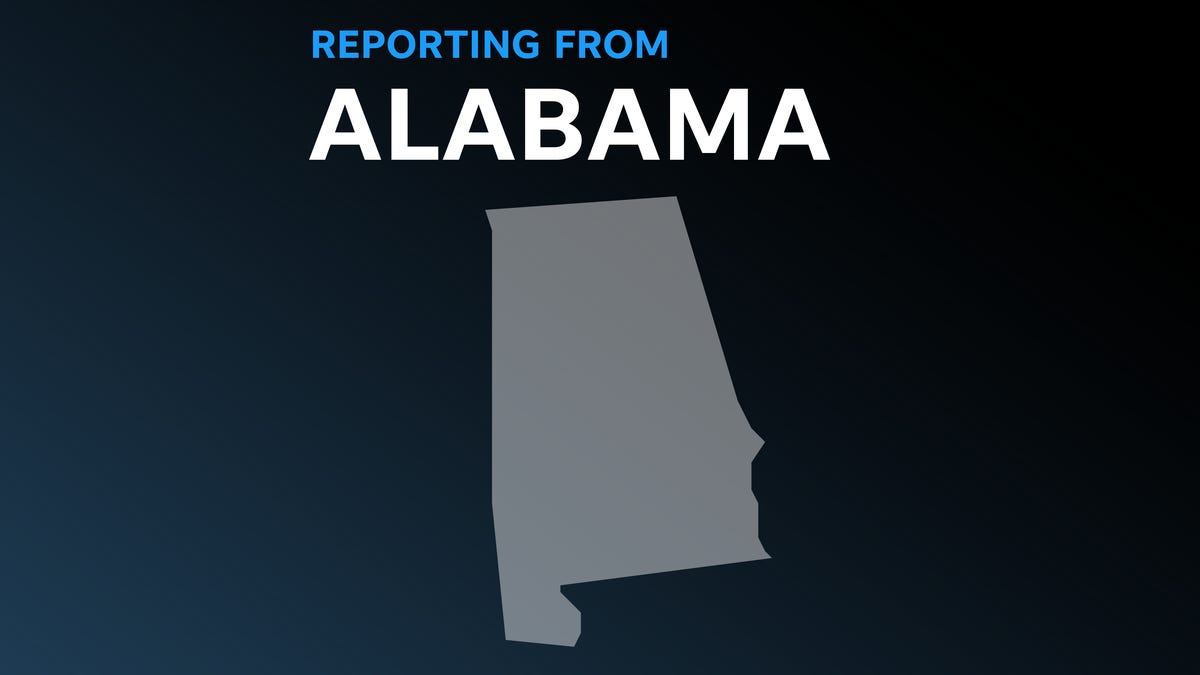





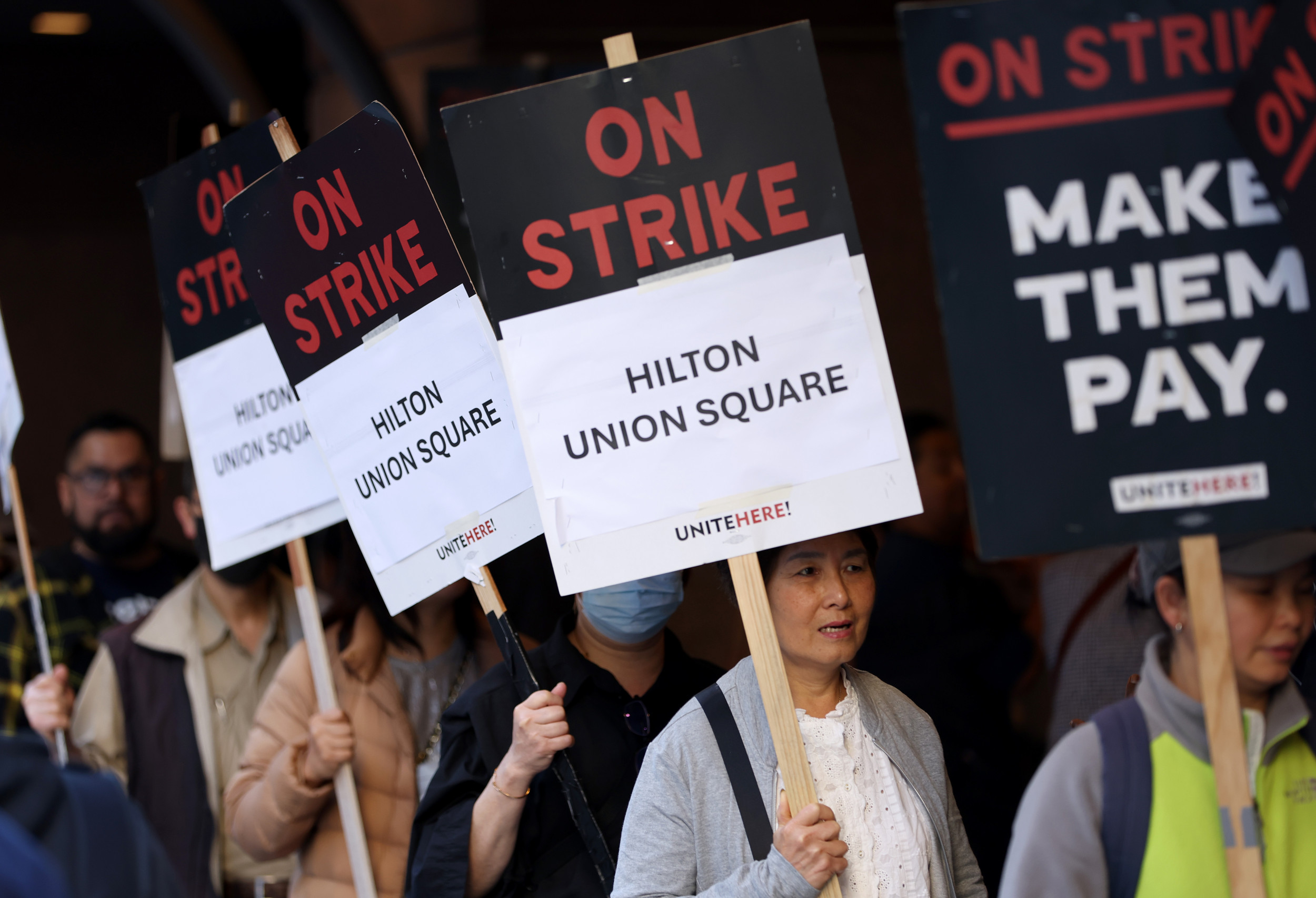











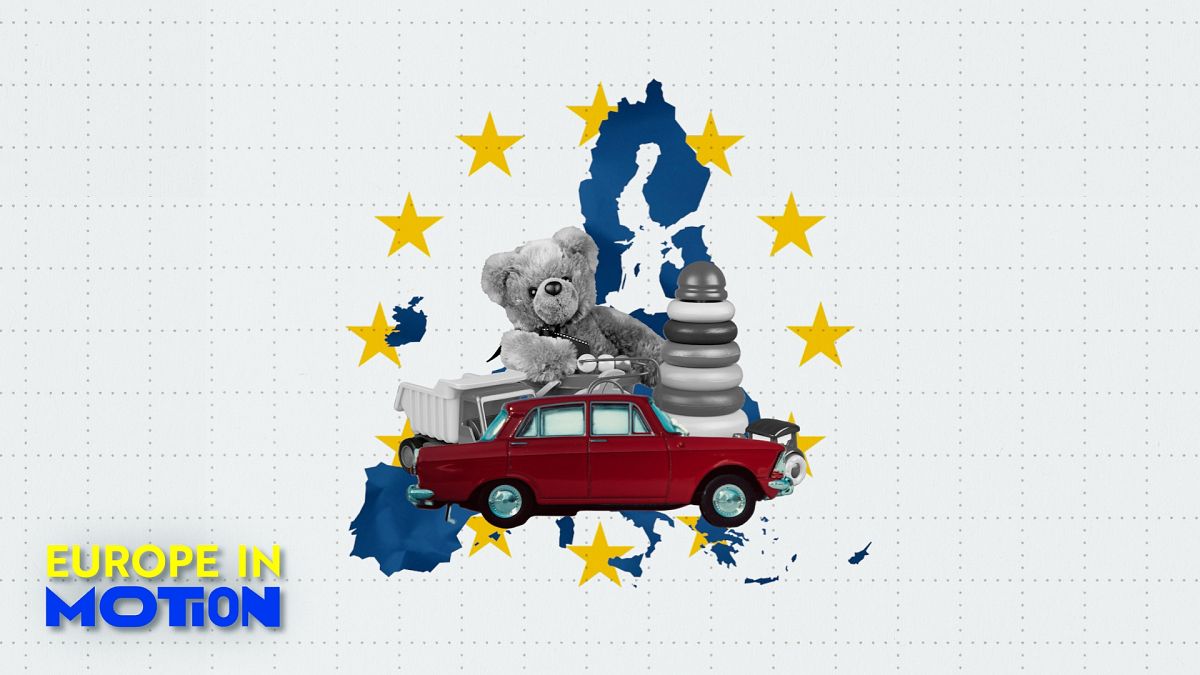

/cdn.vox-cdn.com/uploads/chorus_asset/file/23951353/STK043_VRG_Illo_N_Barclay_3_Meta.jpg)
/cdn.vox-cdn.com/uploads/chorus_asset/file/24924653/236780_Google_AntiTrust_Trial_Custom_Art_CVirginia__0003_1.png)



